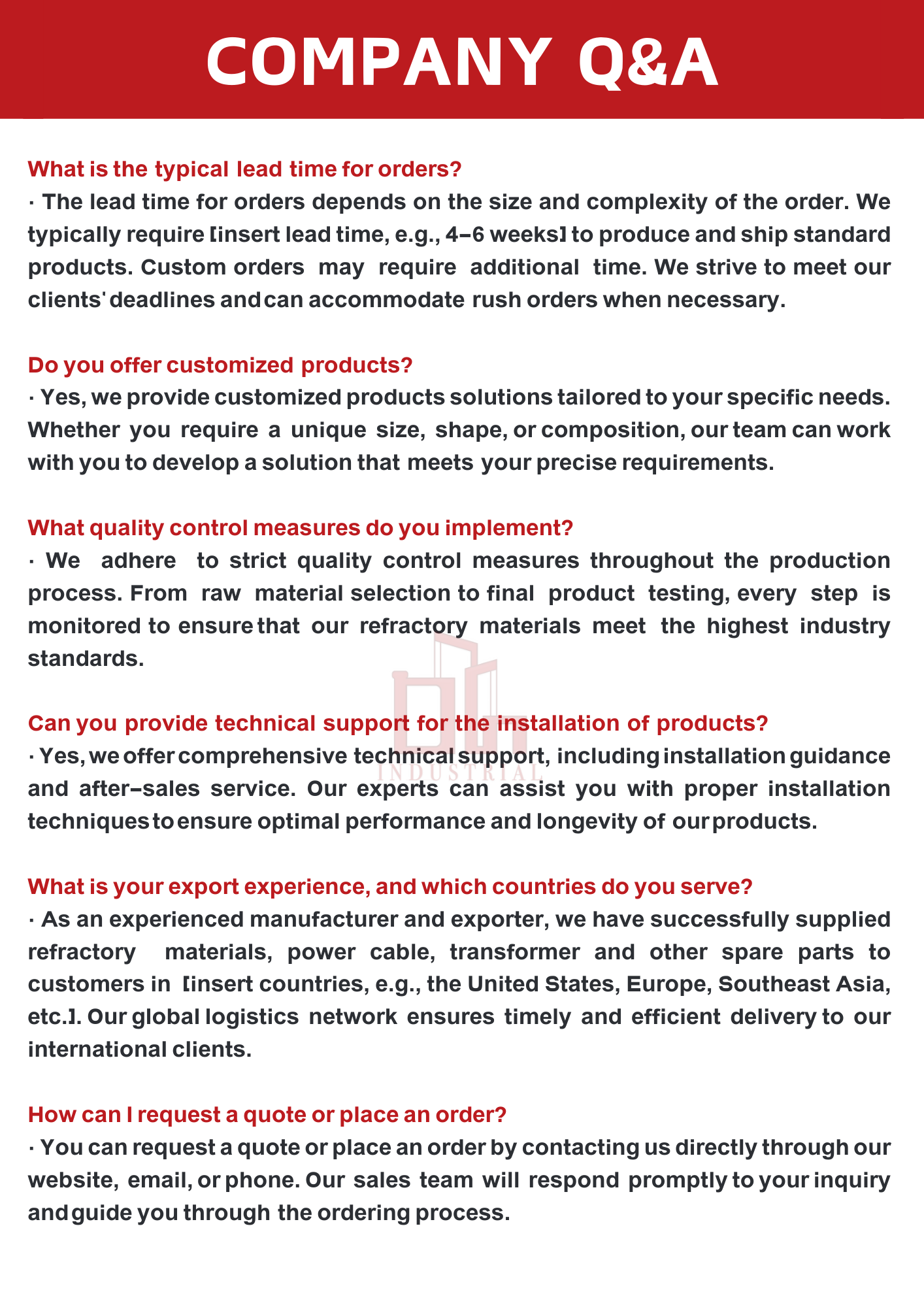We focus on the research and development of electric porcelain/composite insulators and bushings of voltage levels of 1100 kV (±1 100 kV) and below. We mainly provide: AC rod-shaped post porcelain insulators and suspension/post composite insulators; DC rod-shaped post porcelain insulators and rod-shaped suspension composite insulators; hollow porcelain insulators/composite insulators for various electrical equipment in power stations; AC and DC bushings for transformers and reactors; various electrical equipment outlet bushings and wall bushings, etc.
Payment :
In AdvanceProduct Origin :
ChinaShipping Port :
Shanghai PortLead Time :
15 Working daysDC rod-shaped post porcelain insulators and rod-shaped suspension composite insulators are two types of insulators used in electrical systems for different applications.
DC Rod-Shaped Post Porcelain Insulators:
DC rod-shaped post porcelain insulators are designed to provide insulation and support for conductors in direct current (DC) applications. They are typically used in high-voltage transmission and distribution systems. These insulators are made of porcelain, a ceramic material known for its excellent electrical insulation properties. The rod-shaped design helps provide mechanical strength and stability.
Rod-Shaped Suspension Composite Insulators:
Rod-shaped suspension composite insulators are used in both AC and DC applications. These insulators are made of a composite material, typically consisting of a fiberglass core and an outer silicone rubber housing. The composite material offers several advantages over traditional porcelain insulators, including lighter weight, better resistance to mechanical stress and impact, high pollution performance, and resistance to weather and UV degradation.
In both types of insulators, the rod-shaped design provides increased mechanical strength and stability, allowing them to withstand the weight of conductors and environmental conditions such as wind and ice loads. The design also helps maintain proper electrical insulation even under high voltage conditions. The choice between porcelain and composite insulators depends on the specific requirements of the application, such as voltage level, pollution conditions, and mechanical load capacity

Tags :